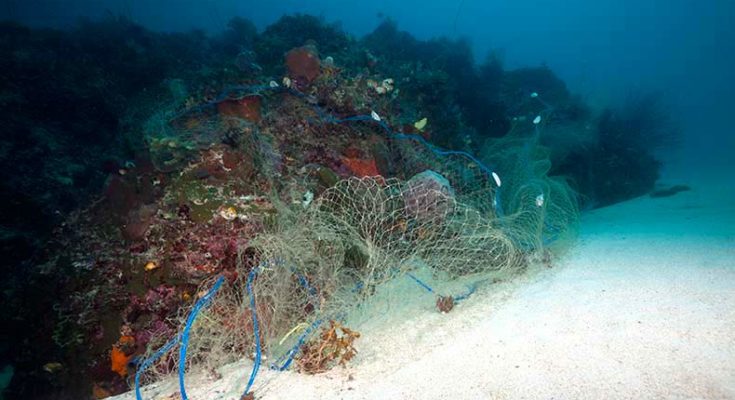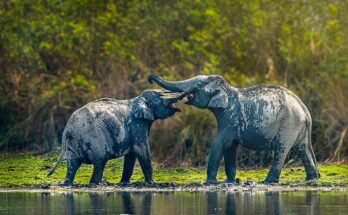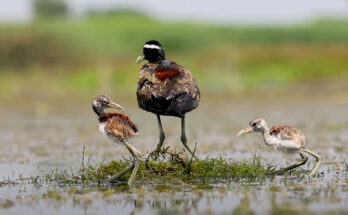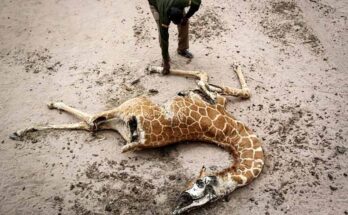Global Wildlife Populations are decreasing due to human activities. Image Courtesy – Time
With the increasing rate of human population and human activity, wildlife species are getting reduced over the past four decades. Overexploitation of wildlife, pollution in the atmosphere, climate change, etc. has become the key factor that decreased wild animal species by nearly 60% so far.
A report said that 50% of the Earth’s shallow-water corals were destroyed in the past 30 years. Even the Amazon rainforest, which is called to be the lungs of the world, has also been destroyed by 20% during the past 50 years.
The growing human population has become so horrible to the wildlife species, with releasing 100 billion tonnes of carbon into the eco-system every 10 years, that drastic loss of their life has been happening.
Read: Galápagos tortoise – first time marked after 100 years
’World Wildlife Fund’ had warned about the irreparable threat to human society and the earth itself. They also mentioned that there are still some rays of hope to save the wildlife species. The ’World Wildlife Fund’ has given stress to prepare a “global deal” for saving nature and endangered species.
Piero Visconti, a scientist at the International Institute for Applied Systems Analysis, Austria, told that extinctions were irreparable; especially for the corals – it has already been very late.
A new evaluation is prepared in the report made by WWF in association with 59 scientists throughout the world. The report revealed that with the growing consumption of food and natural resources by the world population, ecological balance, which was formed over billions of years, is at stake. We should never forget that the society of human beings is completely dependent on them for pure air, water, and everything.
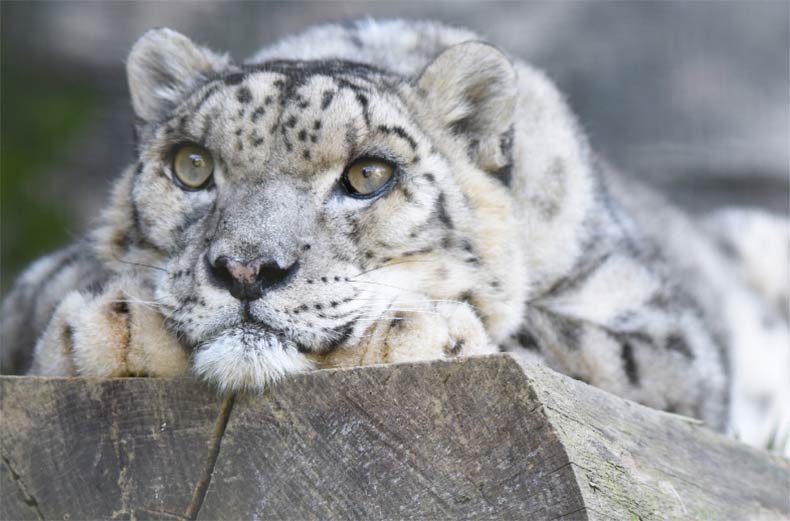
Destruction of wildlife populations is equivalently dangerous to climate change. Image Courtesy – The Pegasus Foundation
Read: Groundbreaking law by Govt. of Switzerland
A report said that 50% of the world’s killer whale populations are waiting for their silent death due to chemical pollution – significantly from PCB contamination.
World Wide Fund for Nature has been tracking the decline of wildlife populations – nearly 16,704 populations including mammals, birds, fishes, reptiles, and amphibians – representing more than 4000 species. The report made us horrified by the truth that wildlife populations decreased by 60% between 1970 and 2014, and the loss is continuing without any interval.
Environmental scientists are warning us that wildlife and the ecosystem are a vital part of human life. They also told that the destruction of wildlife populations is equivalently dangerous to climate change.
Tanya Steele, the Chief Executive at WWF-UK, expressed some valuable words for human society – “We are the first generation to know we are destroying our planet and the last one that can do anything about it.”
Reference – World Wildlife Fund, The Guardian

